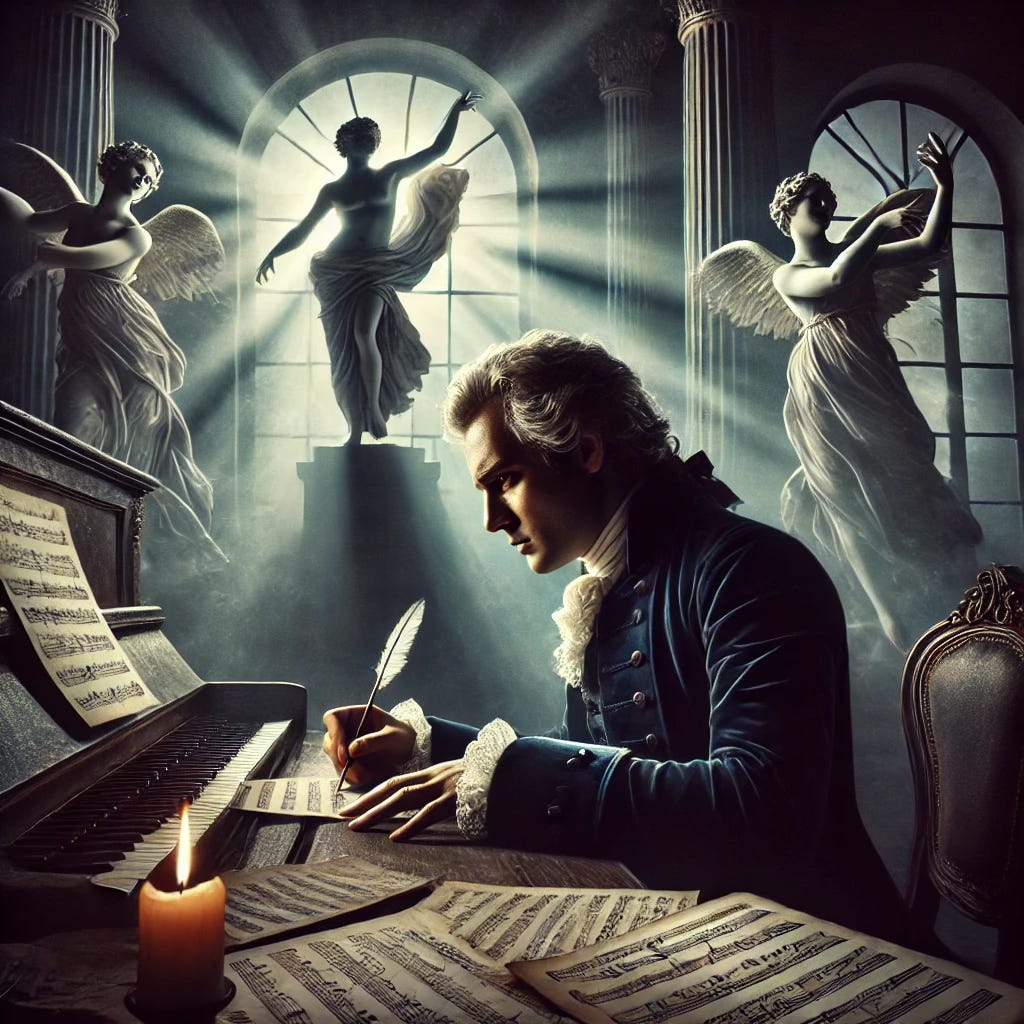AI seems to be on its way to being part of everything we do, including how we turn ideas into reality through creative acts - whether by coming up with new engineering techniques, new products, and in other material efforts. But before we start attributing creative acts to AI agents, we need to have a look at what creativity means in the human context
Plato said it was divine inspiration, "all good poets compose their beautiful poems not by art, but because they are inspired and possessed," (“Ion”, 533e). So for him creativity was a gift from the muses. Arthur Koestler in his book "The Act of Creation" described it a process of bisociation, a collision of unrelated ideas. Mihály Csíkszentmihályi, in his work "Flow" described creativity as what happens when you, your skills, your efforts, and your environment all converge to produce a particular state of oneness and potential.
All of these definitions seem to point to the truth, but none of them fully capture the experience itself. They are among many attempts to define creativity, But I am wary of explanations that confine the act of creativity to an arbitrarily constructed category that purports to explain the phenomena and thus confine and neuter the process.
One observation is that creativity can be very capricious, seemingly to appear and disappear at will. Blessing some, and bypassing others. This one behaviour alone defies attempts to place it in a box.
I used to believe that Mozart, had described moments where entire symphonies came to them, whole and perfect, and their job was simply to write them down. But it seems that in his case this description of creativity was a forgery by Fredrich Rochlitz, an editor of a music journal. It seems, in reality, that Mozart worked very hard at his craft, constantly sketching and revising ideas. So one lesson we can takeaway is that preparation is key to the creative process. It lays the necessary groundwork.
But that is just an observation of the process that makes creativity possible. Not what it is and why it exists. From an evolutionary point of view being able to imagine things as other than they are has been incredibly beneficial. Knapping a rock into a tool is as imaginative in its own way as Michelangelo carving away all the marble from his statue of David that wasn't representative of David to be in his work of art. By the same imaginative process our stone-age ancestor knapped away at everything in a stone that wasn't a tool thereby creating a tool. Both are acts of imagination in that it is they created possibility in life when it was not readily apprehensible in the world.
Creativity, to me, feels like tapping into something bigger—something we can’t fully understand. This is why it’s fascinating to try and think of AI as a possible creative agent. It may turn out that it is but I don't really think that to be the case.
AI is an extraordinarily powerful tool but I cannot see how it can supplant the power of human imagination. We know that being very skillfull and having an encyclopaedic knowledge of either life or one's craft lays the groundwork for creative work to happen, it is not sufficient. To be in possession of vasts amount of information, regardless of its quality is not enough. Someone, somewhere, has to be able to see, through the power of imagination something that has the potential to exist in a way that it doesn't do presently and somehow, through their specific skill set and training, bring it in to the world.
I see a lot of AI generated images that are the result of pseudo-random ideas brought together in unusual combinations. The fact that the results are nearly all lifeless and dull belies the ideas of Koestler and Boden. Therefore, I find myself siding the viewpoints of Plato and Csíkszentmihály. Creativity has an unknown source that comes through us when we are in some kind of state disposed to its arrival.
I’ve felt that in my own small way. Sometimes, an idea appears fully formed, almost as if it came from somewhere else. Other times, you scratch, and dig, and revise and most importantly, play, and maybe—if you’re lucky—you unearth a single usable fragment. It’s never one thing, this act of creating. It’s a dual process: inspiration meeting hard, often tedious, effort.



